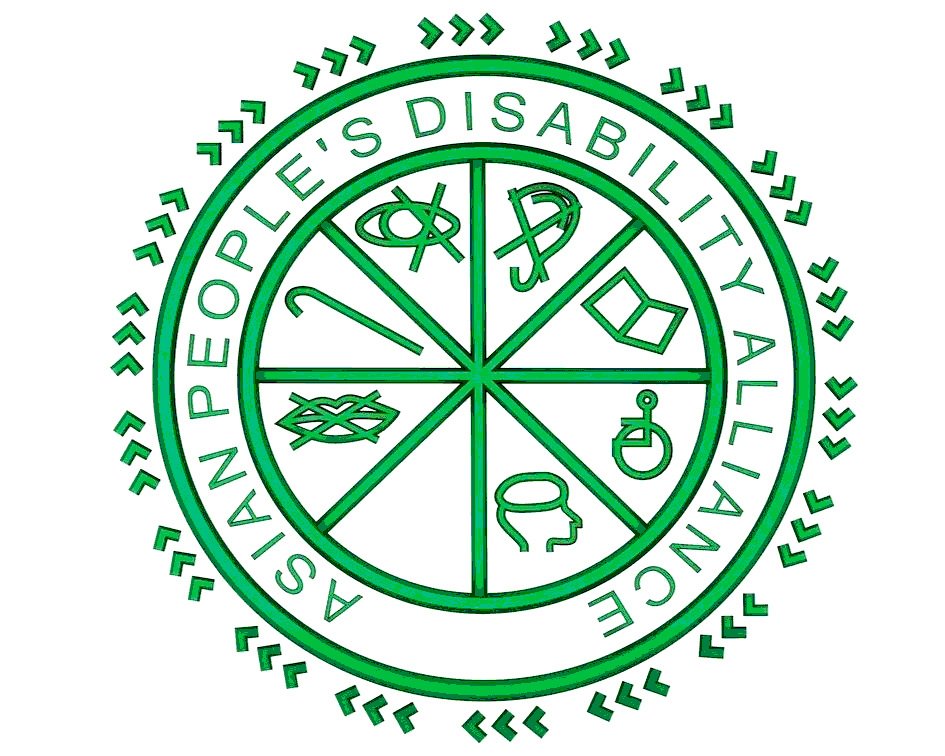HUMARE AVAAZ : PART 3
Research as a transaction?
Whether it’s a consequence of experience, culture or education, different Asian groups have presented different research experiences. This is a truism of course. Asian women in East London have proved interesting. We already knew from a small community research project into ‘hidden carers’, i.e. those not supported by/known to social services, that they would be hard to engage with and that ‘disability’ would include the consequences of extremely poor wellbeing. So it proved to be.
We engaged by offering ‘Chat & Chai’ sessions in Housing Association community centres and gradually built up a regular and worthwhile research cohort. Having gained the confidence of some of the most disenfranchised women we’ve met, at least in our opinion, the conversation went something like this.
‘What is research?’ Even our project worker, an experienced community interpreter, was a little taken aback. After much discussion, we settled on ‘to have an extended discussion’ as being something we all could understand.
OK, off we go! ‘Why do you want to know?’. ‘Because we do’ clearly wasn’t going to be a sufficient answer. The question was unexpected. Our immediate response was a combination of mild irritation and a little amusement. After very brief reflection the significance of our project’s name - Humare Avaaz (Our Voice) - was again brought sharply into focus. The women genuinely didn’t know why we would want to know; no-one had ever asked them about their wellbeing, their social/economic conditions, in fact not about anything much at all. The whole thing was novel for them, they had no appreciation of the value of their experiences. The reasons took a while to explain, outcomes couched in research speech don’t translate well. The women became quite enthused once they understood our purpose. However, most did not want to be identified or recorded. There was an underlying wariness, reasonable in the context of their experiences.
Off we go again. Actually no. ‘What do we get in return’. We certainly hadn’t anticipated this. But fair enough, they were contributing valuable information to us so were entitled to ask, I guess. Research for its own sake was possibly a step too far in the process of engagement. Like many organisations, we’re used to providing advice and advocacy outside of contract or funding remits so we did our best and off we eventually went!
And it was a valuable exchange.
